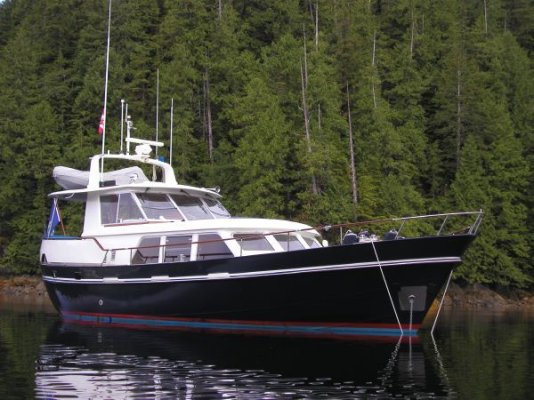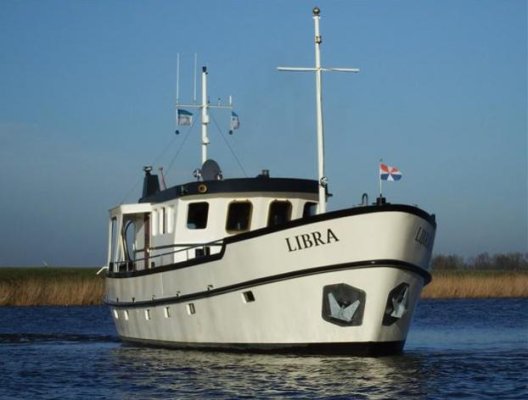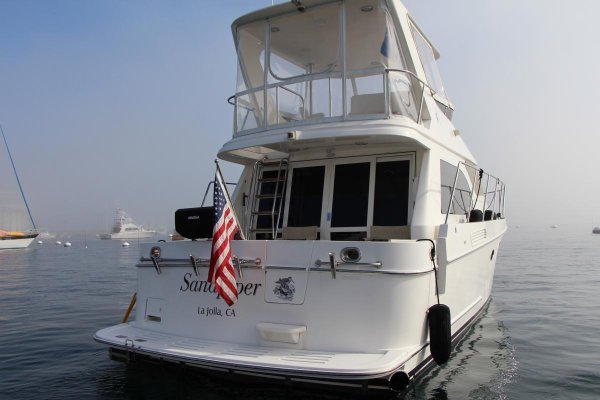I'm considering my options at purchasing a 45 - 55 ft. trawler. I'm looking for opinions and things I may not have thought of. Here is my dilemma.
Do I purchase a "newer" boat with low hours for 600 - 700K, or purchase an "older boat" for 200K, and spend 1 or 200K putting in a new motor and new electronics, still saving 200 - 300K?
Thoughts?
Do I purchase a "newer" boat with low hours for 600 - 700K, or purchase an "older boat" for 200K, and spend 1 or 200K putting in a new motor and new electronics, still saving 200 - 300K?
Thoughts?





